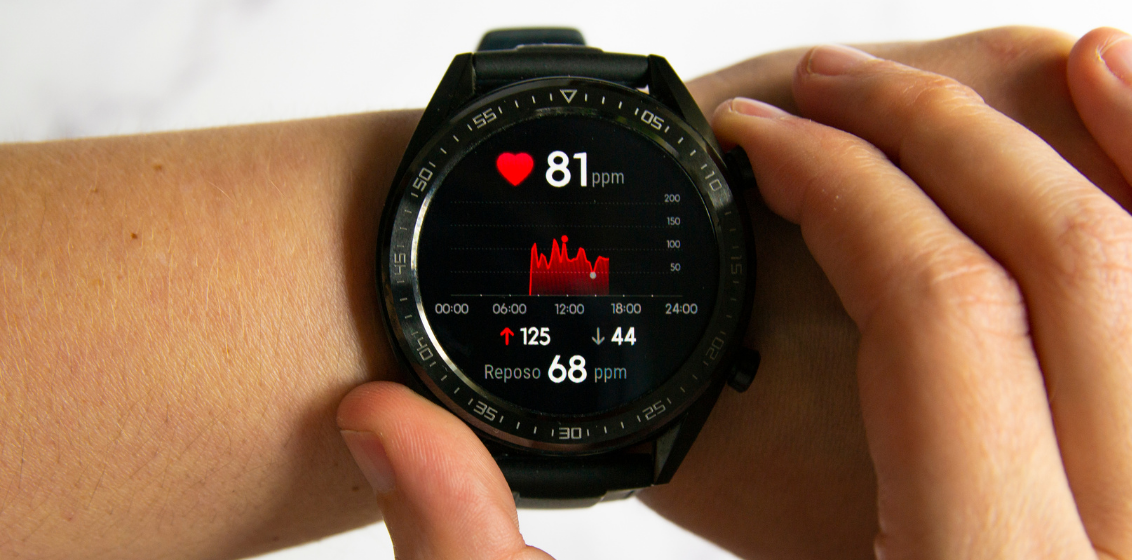Achilles Tendon Tips
Achilles pain is one of the most common running injuries and particularly affects older runners or those running long distances. Rather than calling it Achilles tendinitis, which suggests inflammation easily helped by drugs, this is now known as Achilles tendinopathy, which describes Achilles tendon pain due to changes in the structure and function of the tendon and aggravated by increased load. Read on for 5 tips you may think are crazy for settling down a cranky AchillesRead More







